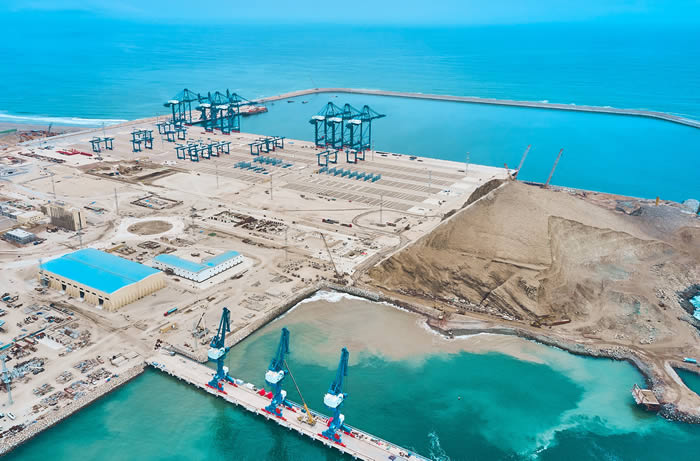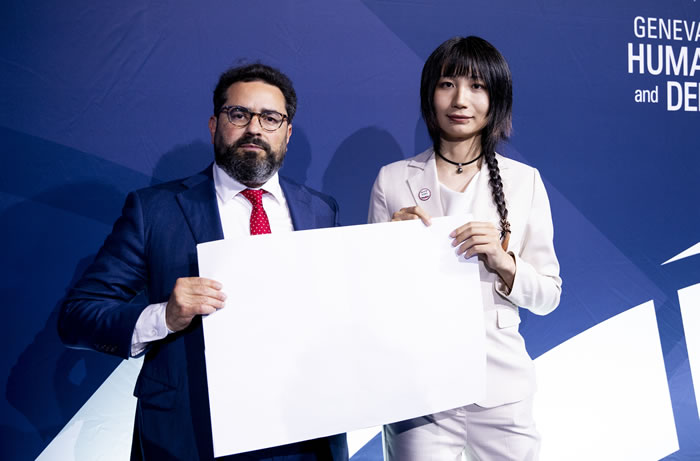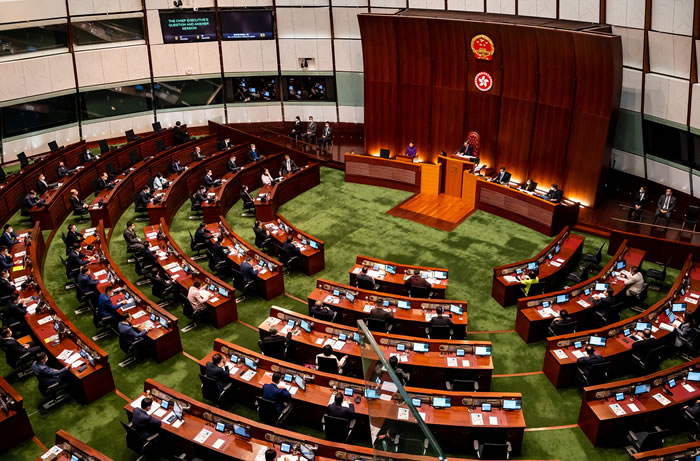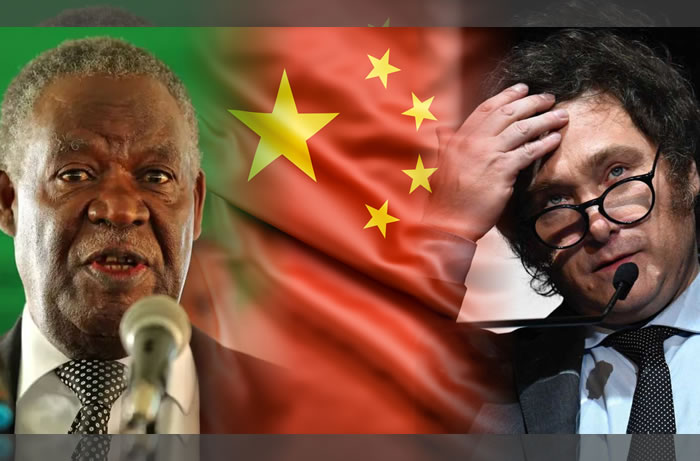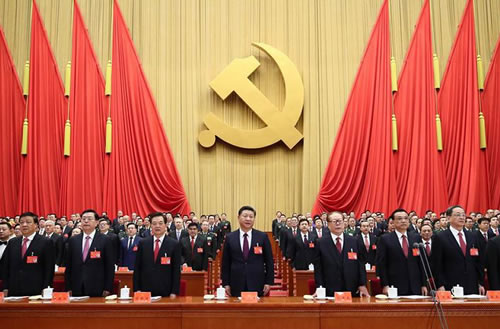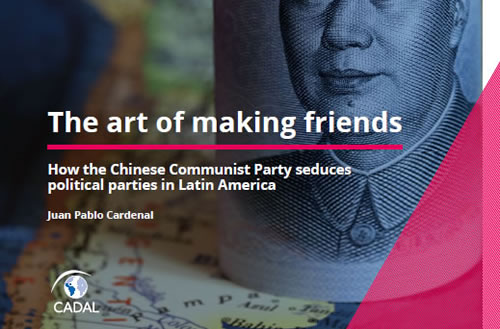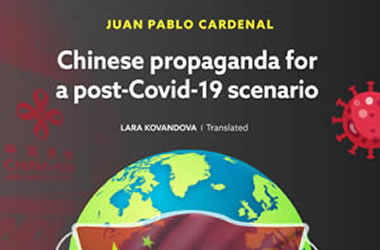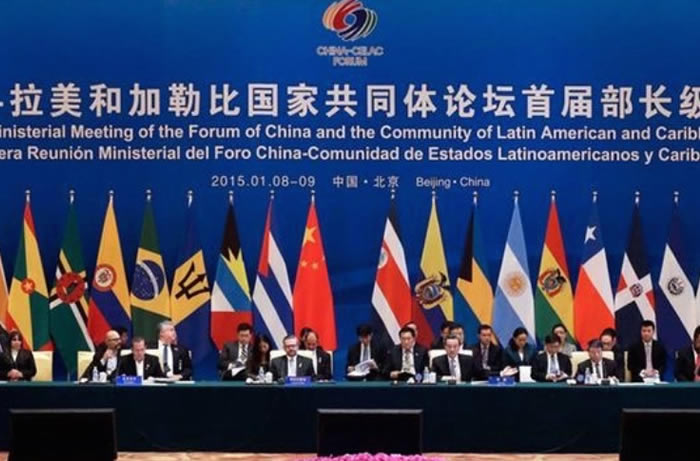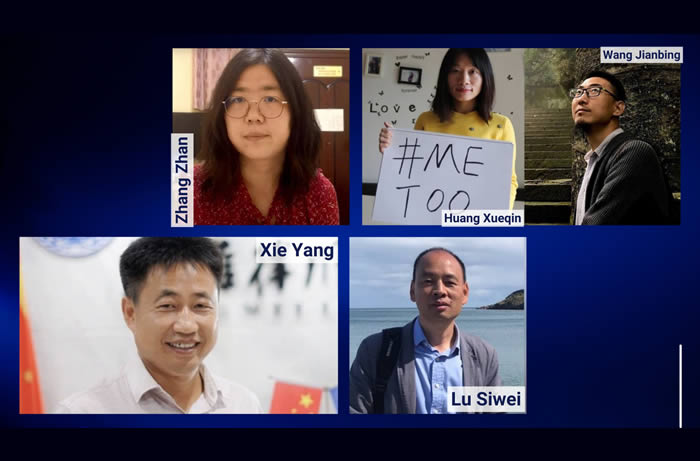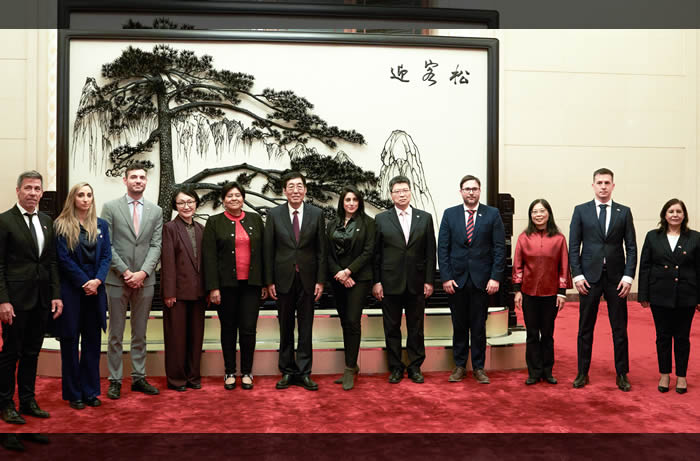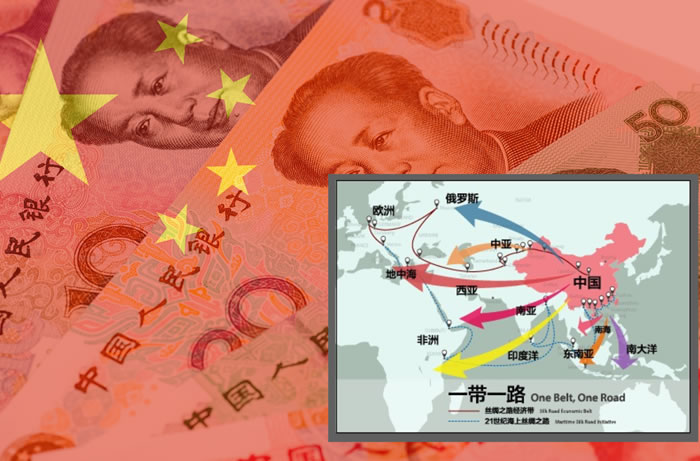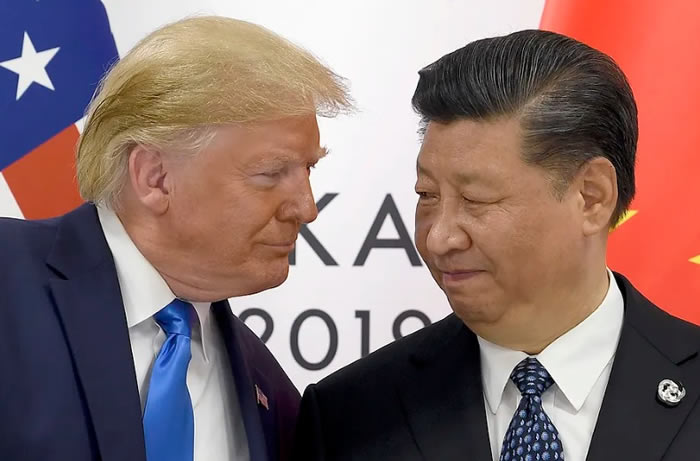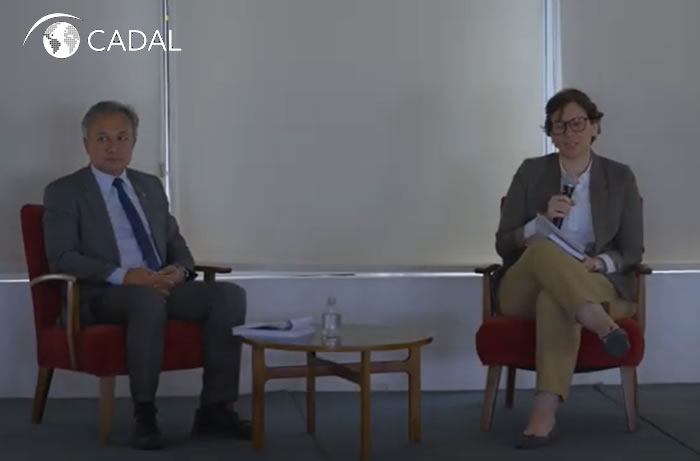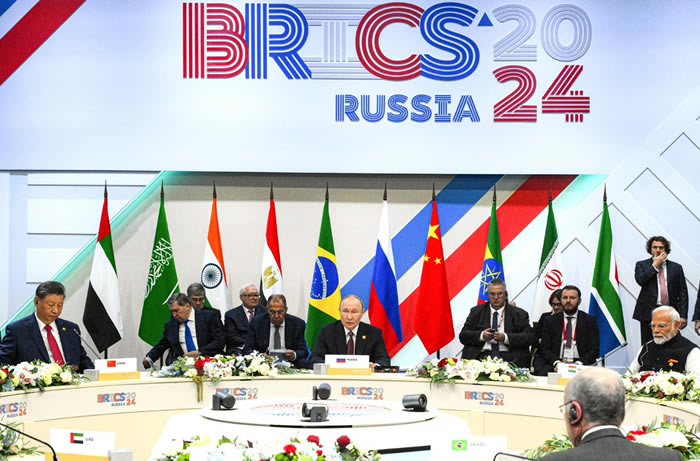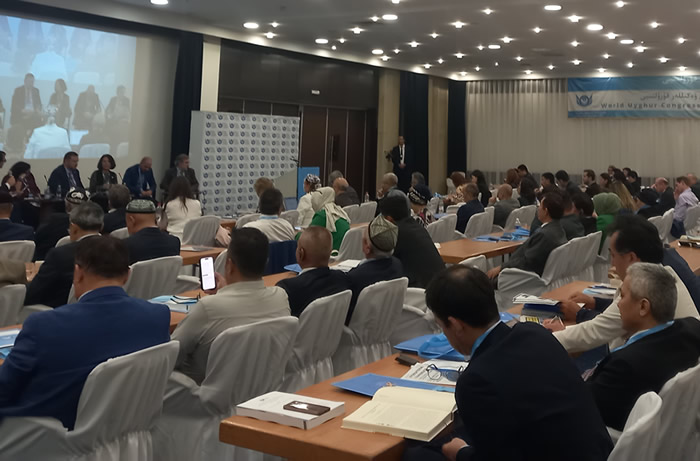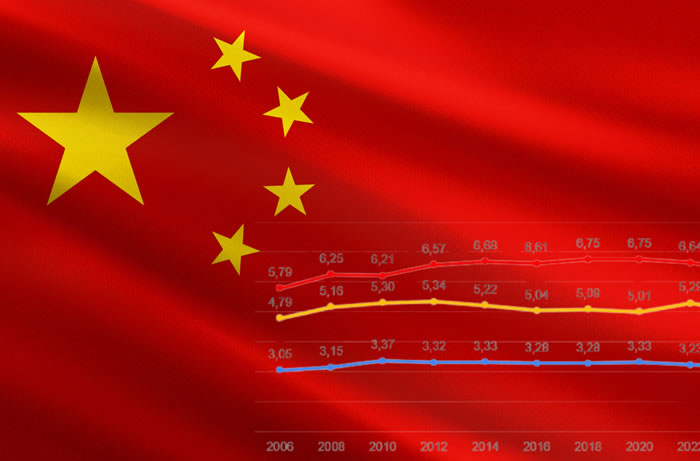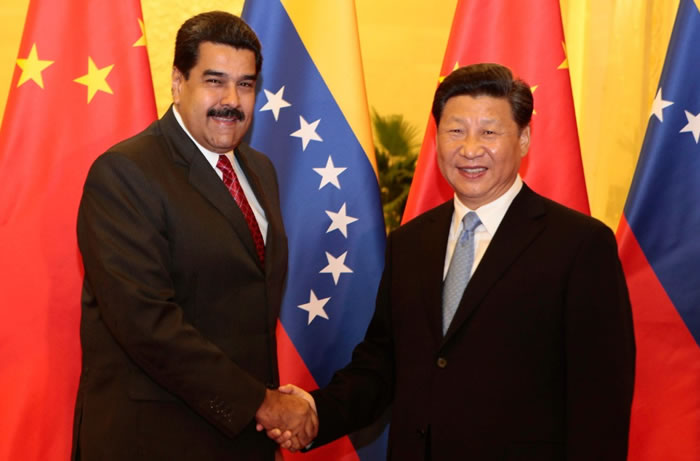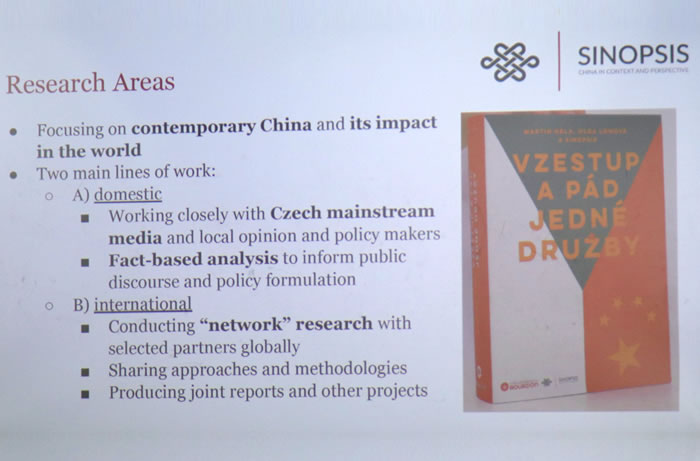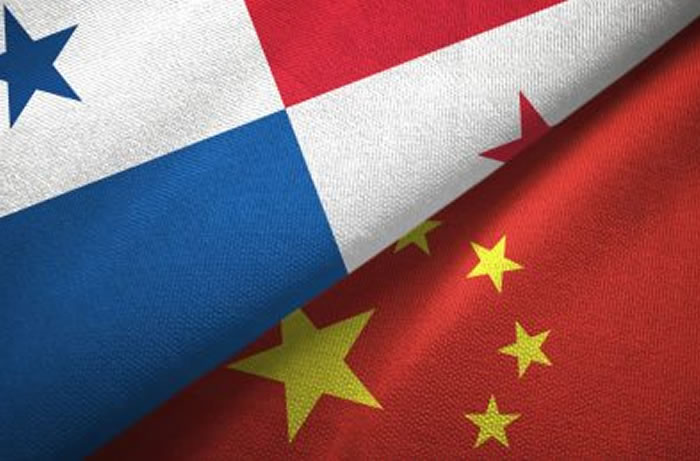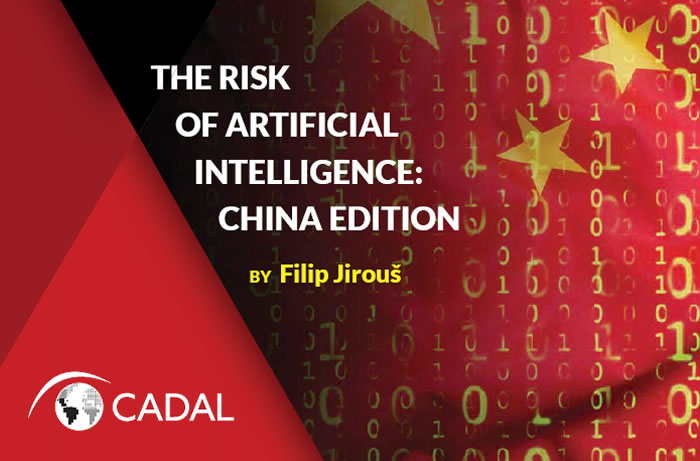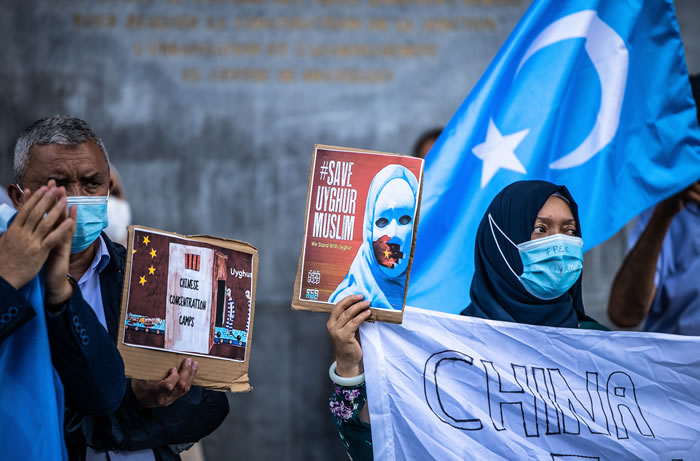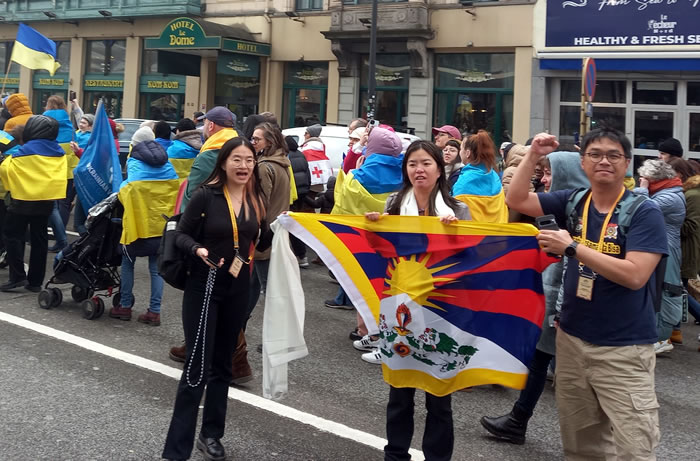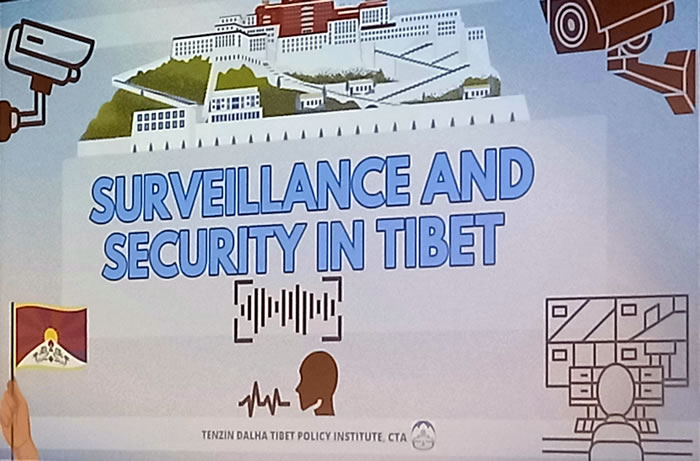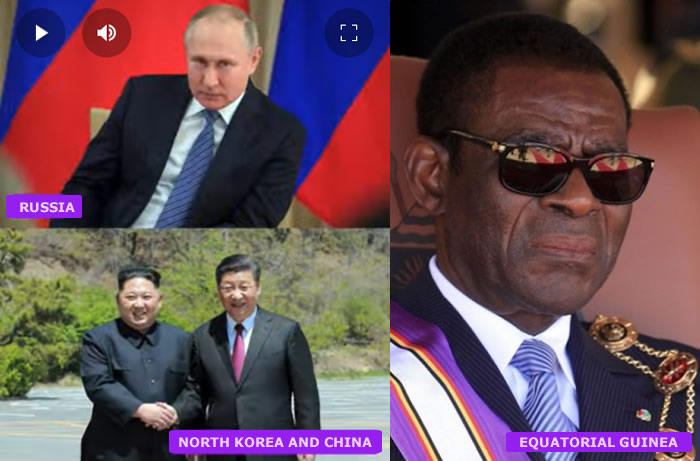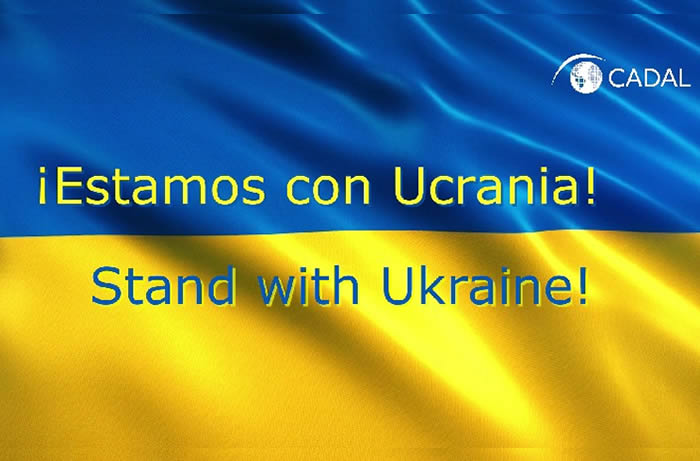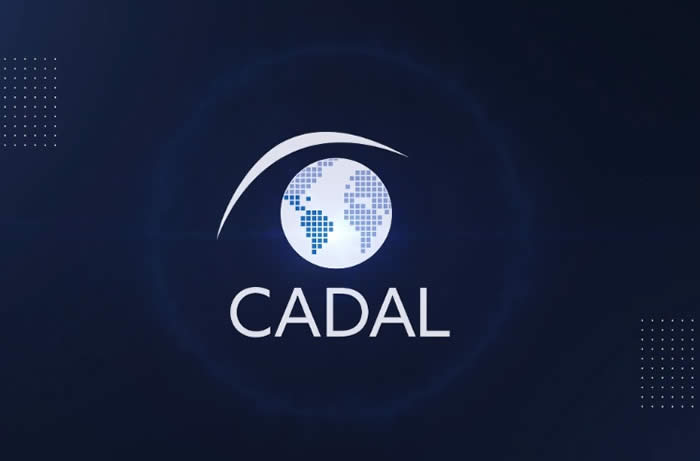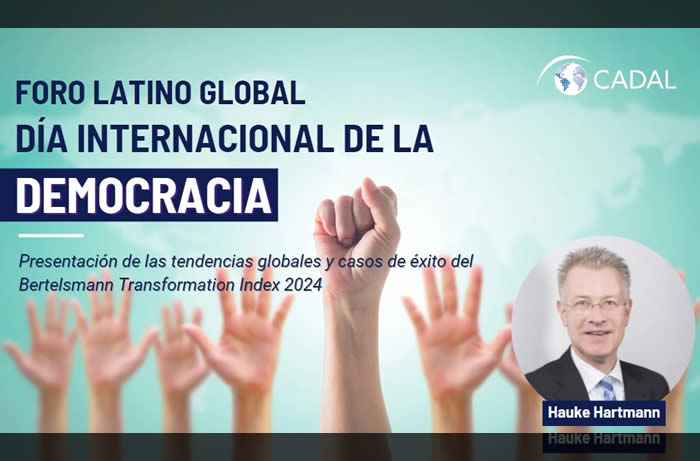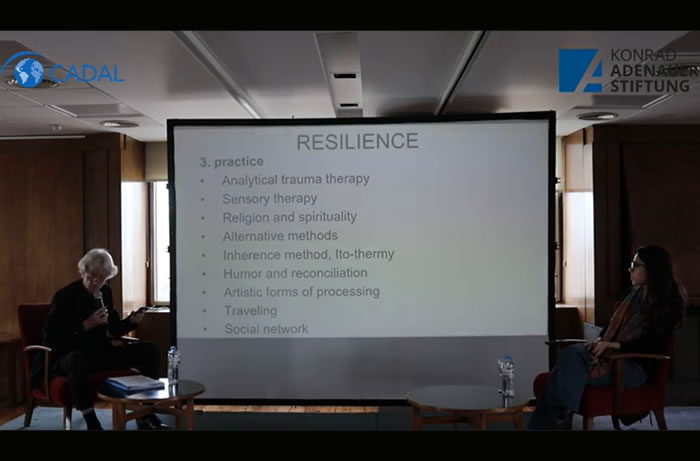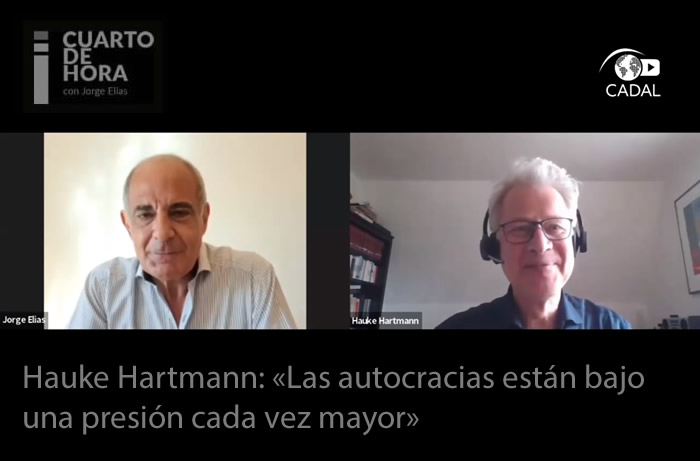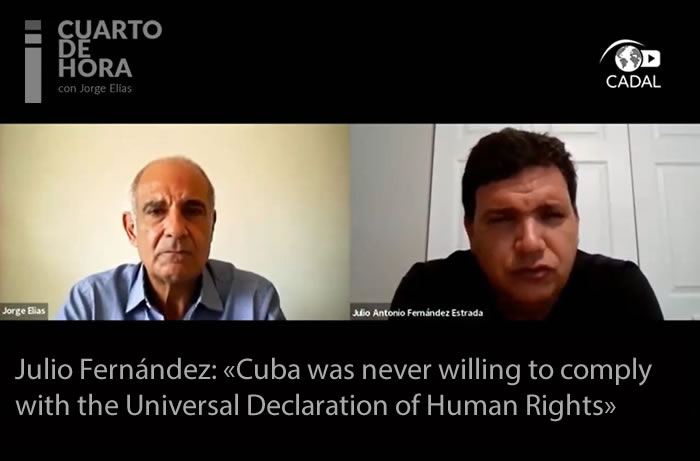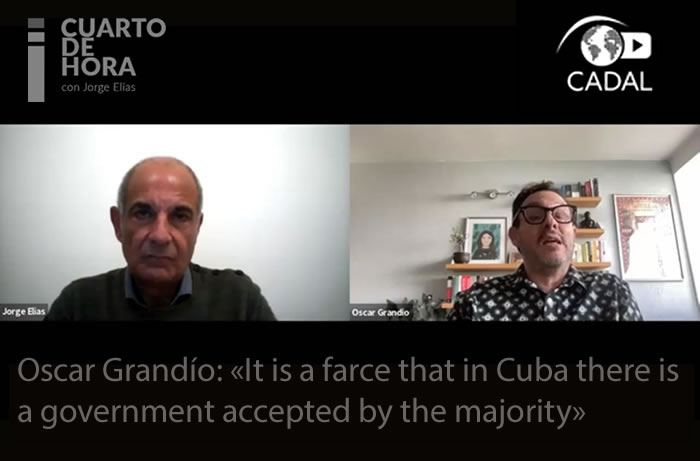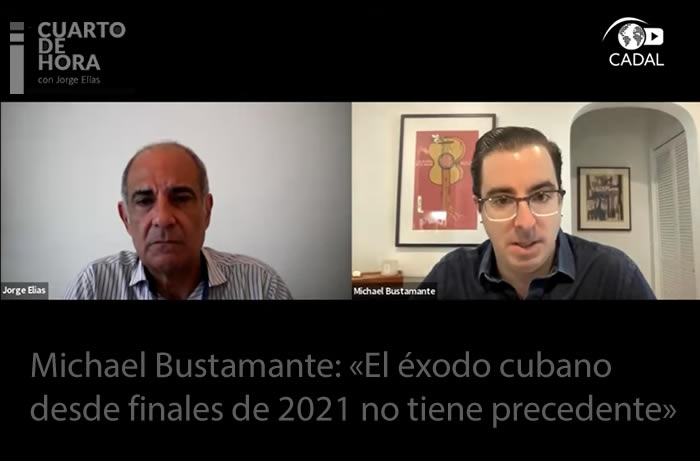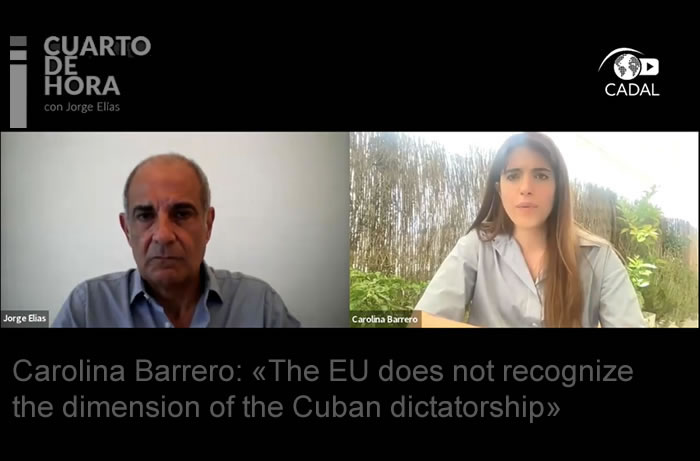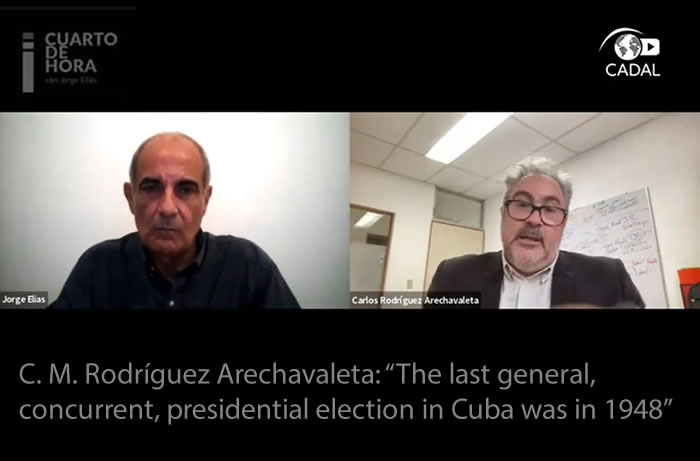Articles
The Sinic Analysis
 10-02-2024
10-02-2024According to Milei, China does not demand anything
China has taken our measure and few governments dare to risk their commercial relationship with the giant. Milei is not the only president who has had to swallow his diatribes against the Chinese government, which in a way calls into question their timeliness.
By Juan Pablo Cardenal
President Milei said during last Sunday’s TV interview that China has surprised him “pleasantly” and that the Asian giant “is a very interesting trading partner because they do not demand anything”. It would have been perhaps more appropriate to say that China is an important, even fundamental, partner, since it is Argentina’s second trading partner after Brazil; and that the margin of maneuver of his government is restricted, having inherited a desperate economic situation.
However, Milei’s reasoning, in which he tacitly tried to justify his Copernican turn since his presidential candidacy, was unfortunate. It is not reproachable that the economist president understood that a pragmatic relationship with Beijing is in Argentina’s interest. Abandon the anti-communist diatribes and prioritize the eatables. But talking about a “very interesting” China based on the fact that “they do not demand anything” and that “the only thing they ask is not to be bothered”, is a considerable misdiagnosis.
Milei himself somehow contradicted himself in his previous sentence, when he said that “we had a meeting with the ambassador, [and] the next day they unblocked the swap”. In other words, what he implied was that China had frozen the operation and that a satisfactory meeting was necessary to release it. And, in the following sentence, he contradicted himself again because China’s request “not to bother them” is a demand in itself. It is not a request, it is a warning.
Beijing’s scheme to ensure that no one steps out of line is based on commercial seduction, hence its efforts to make the benefits of cooperation visible. If seduction is not enough incentive, the implicit threat of commercial and institutional retaliation looms. The sword of Damocles hangs over those who criticize abuses in Hong Kong or Xinjiang, have diplomatic ties with Taiwan, call for an investigation into the origin of Covid, grant an award to a Chinese dissident, open a universal justice case against its leaders, challenge Chinese behavior in its periphery. Or any other issue that bothers the regime.
The strategy works. China has taken our measure and few governments dare to risk their commercial relationship with the giant. Milei is not the only president who has had to swallow his diatribes against the Chinese government, which in a way calls into question their timeliness. But even admitting the act of contrition for reasons of pragmatism or necessity, the president’s unbridled flattery and vague justification in the interview seems entirely inappropriate.
And not only that. He announced too, who knows whether as a political token of respect to favor a new era in the bilateral relationship, that he will travel to Beijing in January to participate in the China-CELAC forum. Milei could hardly have chosen a more inopportune scenario.
China is using this platform to impede, with the support of regional authoritarian governments, the promotion of democracy, human rights and transparency in Latin America, as well as to promote its revisionism of the international liberal order.
This is in particular dissonance with the very high bar of expectations that the Argentine president set for the Asian country at the beginning of his term of office. Now, with his conciliatory turn, he has shown China that Argentina has an easily exploitable vulnerability in the swaps, in exports and in its economic dependence on the giant.
 Juan Pablo CardenalSynic Analysis EditorWriter, journalist. Foreign correspondent in China for various Spanish newspapers between 2003 and 2014, focusing on China’s international expansion since 2009. Since then, he has done research on the consequences of China’s investments, infrastructure and loans in 40 different countries from 4 continents. The research resulted in books he co-authored, among them “La silenciosa conquista China” (2011) and “La imparable conquista de China” (2015), which were translated to 12 languages. Since 2016, he has directed research projects oriented to understanding China’s soft power and Beijing’s strategy to achieve political influence in Latin America. He has been a speaker in various international conferences and has published articles in El País, El Mundo, Clarín, The New York Times, Project Syndicate and the South China Morning Post. His last book is “La telaraña” (2020), on the internacional thread of political crisis in Catalunia.
Juan Pablo CardenalSynic Analysis EditorWriter, journalist. Foreign correspondent in China for various Spanish newspapers between 2003 and 2014, focusing on China’s international expansion since 2009. Since then, he has done research on the consequences of China’s investments, infrastructure and loans in 40 different countries from 4 continents. The research resulted in books he co-authored, among them “La silenciosa conquista China” (2011) and “La imparable conquista de China” (2015), which were translated to 12 languages. Since 2016, he has directed research projects oriented to understanding China’s soft power and Beijing’s strategy to achieve political influence in Latin America. He has been a speaker in various international conferences and has published articles in El País, El Mundo, Clarín, The New York Times, Project Syndicate and the South China Morning Post. His last book is “La telaraña” (2020), on the internacional thread of political crisis in Catalunia.
President Milei said during last Sunday’s TV interview that China has surprised him “pleasantly” and that the Asian giant “is a very interesting trading partner because they do not demand anything”. It would have been perhaps more appropriate to say that China is an important, even fundamental, partner, since it is Argentina’s second trading partner after Brazil; and that the margin of maneuver of his government is restricted, having inherited a desperate economic situation.
However, Milei’s reasoning, in which he tacitly tried to justify his Copernican turn since his presidential candidacy, was unfortunate. It is not reproachable that the economist president understood that a pragmatic relationship with Beijing is in Argentina’s interest. Abandon the anti-communist diatribes and prioritize the eatables. But talking about a “very interesting” China based on the fact that “they do not demand anything” and that “the only thing they ask is not to be bothered”, is a considerable misdiagnosis.
Milei himself somehow contradicted himself in his previous sentence, when he said that “we had a meeting with the ambassador, [and] the next day they unblocked the swap”. In other words, what he implied was that China had frozen the operation and that a satisfactory meeting was necessary to release it. And, in the following sentence, he contradicted himself again because China’s request “not to bother them” is a demand in itself. It is not a request, it is a warning.
Beijing’s scheme to ensure that no one steps out of line is based on commercial seduction, hence its efforts to make the benefits of cooperation visible. If seduction is not enough incentive, the implicit threat of commercial and institutional retaliation looms. The sword of Damocles hangs over those who criticize abuses in Hong Kong or Xinjiang, have diplomatic ties with Taiwan, call for an investigation into the origin of Covid, grant an award to a Chinese dissident, open a universal justice case against its leaders, challenge Chinese behavior in its periphery. Or any other issue that bothers the regime.
The strategy works. China has taken our measure and few governments dare to risk their commercial relationship with the giant. Milei is not the only president who has had to swallow his diatribes against the Chinese government, which in a way calls into question their timeliness. But even admitting the act of contrition for reasons of pragmatism or necessity, the president’s unbridled flattery and vague justification in the interview seems entirely inappropriate.
And not only that. He announced too, who knows whether as a political token of respect to favor a new era in the bilateral relationship, that he will travel to Beijing in January to participate in the China-CELAC forum. Milei could hardly have chosen a more inopportune scenario.
China is using this platform to impede, with the support of regional authoritarian governments, the promotion of democracy, human rights and transparency in Latin America, as well as to promote its revisionism of the international liberal order.
This is in particular dissonance with the very high bar of expectations that the Argentine president set for the Asian country at the beginning of his term of office. Now, with his conciliatory turn, he has shown China that Argentina has an easily exploitable vulnerability in the swaps, in exports and in its economic dependence on the giant.

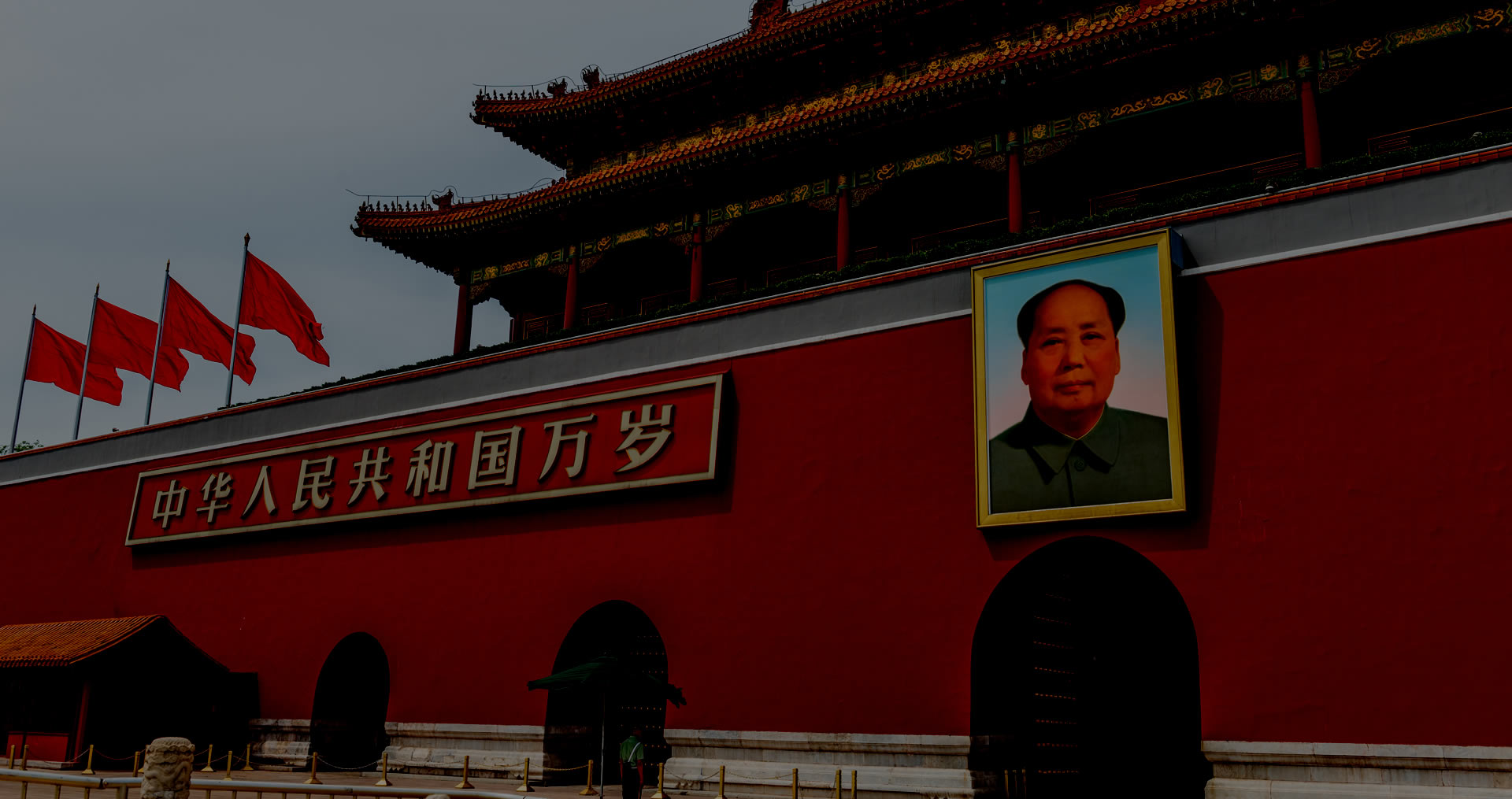


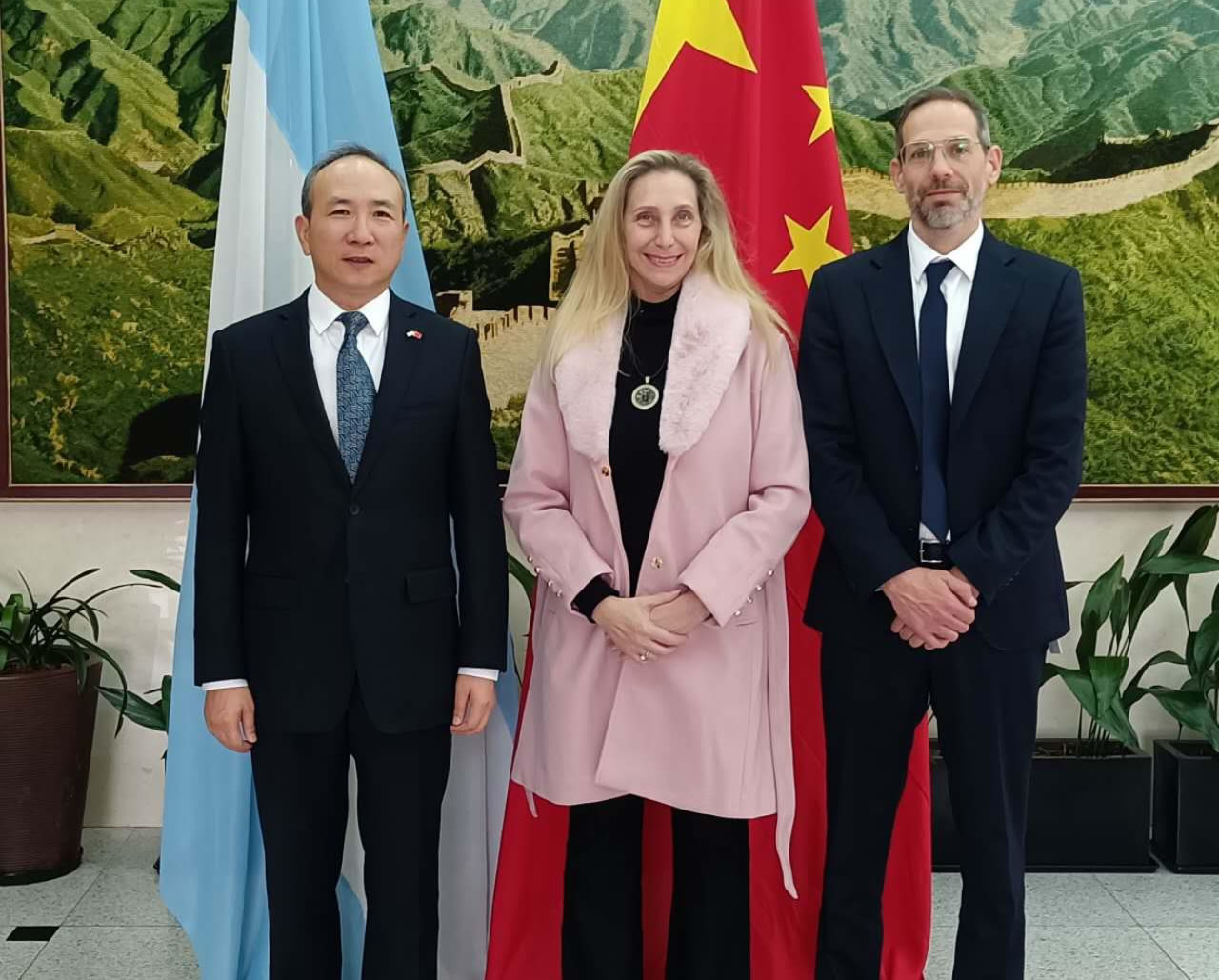
 Leer esta nota en Español
Leer esta nota en Español